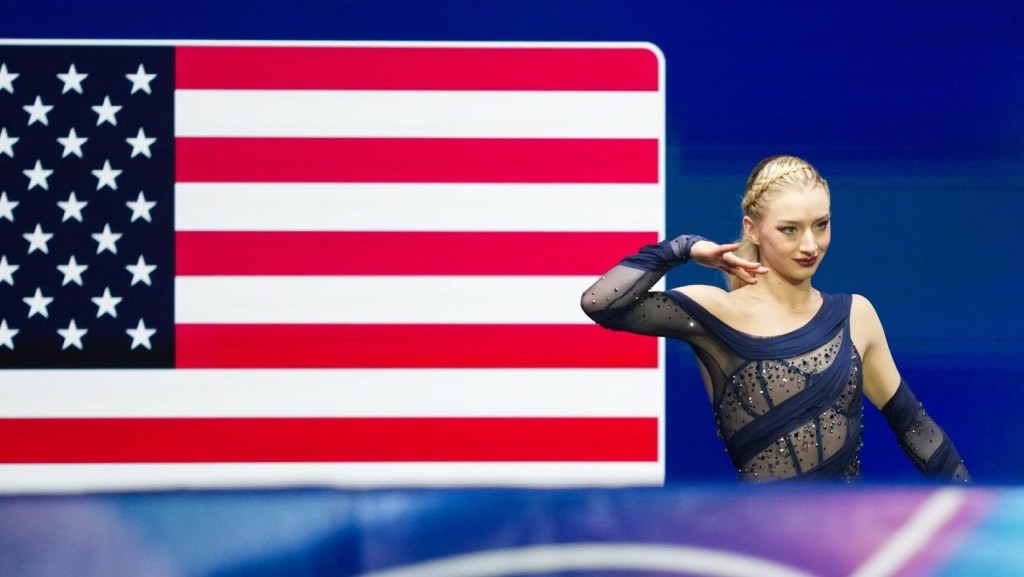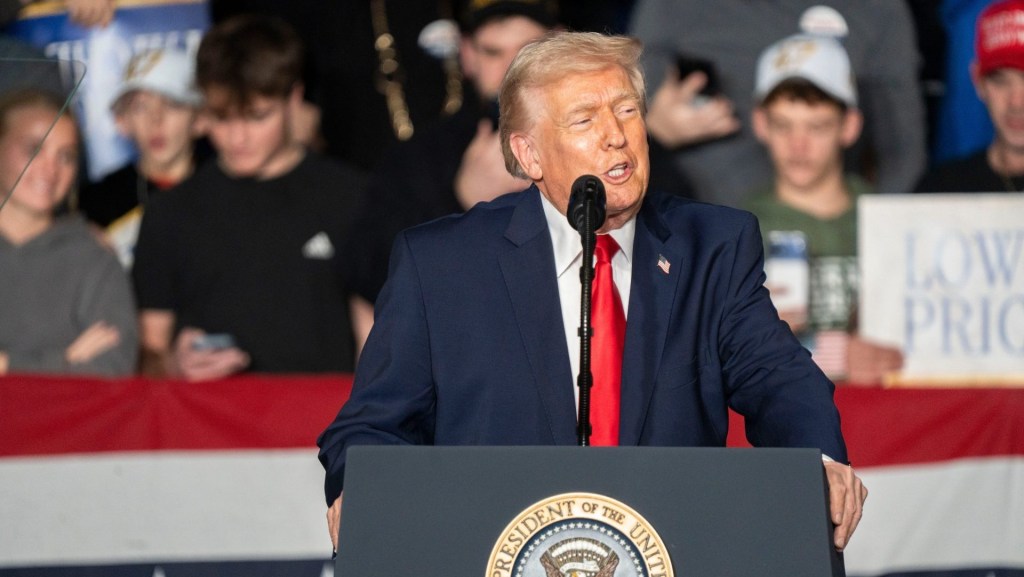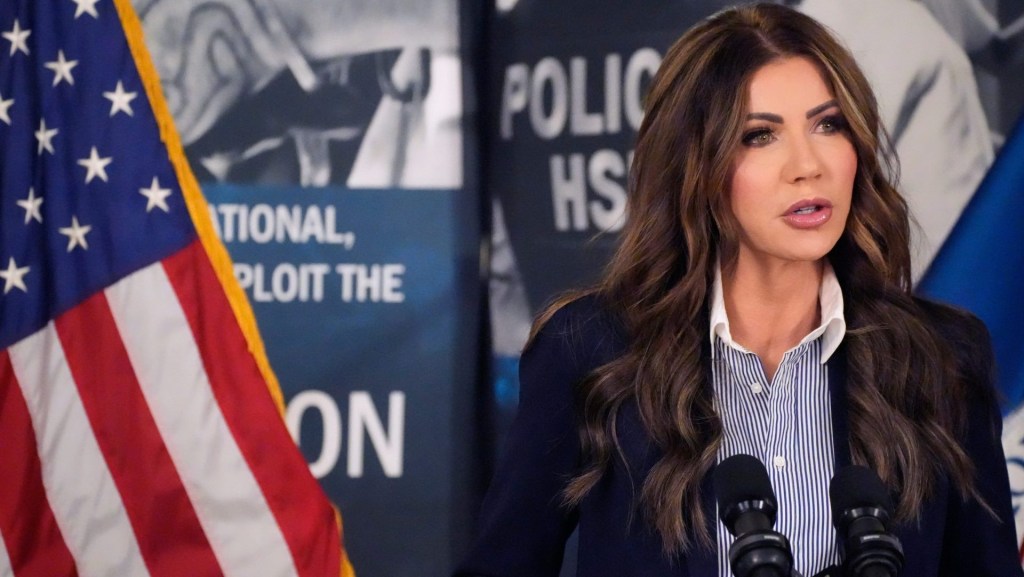Members of Congress from both sides of the aisle are seeking to repeal the provision in the One Big Beautiful Bill Act that levies onerous new taxes on gamblers.
Last week, the Senate passed the omnibus bill, which included a section that made it so only 90% of gambling losses could be deducted against gains. The House then passed the bill prior to the July 4 holiday, when President Donald Trump signed it into law.
Rep. Dina Titus (D., Nev.) introduced the FAIR BET Act on Monday, seeking to restore the previous ability for gamblers to deduct 100% of their losses against their gains. She is supported by Reps. Ro Khanna (D., Calif.), and Troy Nehls (R., Texas).
“While I proudly voted for the One Big Beautiful Bill Act, which prevents the largest tax hike in American history, the Senate’s version contained a provision that I strongly disagree with,” Rep. Nehls told Front Office Sports in a statement. “Prior to the passage of the OBBBA, the tax code contained a 100% deduction for gambling losses and expenses up to the amount of the individual’s winnings. This deduction was not changed in the House-passed version of the bill.
“The Senate, unfortunately, included a provision in their version of the legislation that reduced the allowable deduction to 90%, creating an overly punitive tax on gambling. This provision is unfair, which is exactly why I am a cosponsor of Rep. Dina Titus’ FAIR BET Act.”
Rep. Titus indicated in a post on X/Twitter on Tuesday afternoon that Reps. Steven Horsford (D., Nev.), Jeff Van Drew (R., N.J.), and Mark Amodei (R., Nev.) have also joined the bill as co-sponsors.
FAIR BET is an acronym for “Fair Accounting for Income Realized from Betting Earnings Taxation.” The bill has been referred to the House’s Ways and Means Committee.
When the language in the Senate bill was discovered last week, professional gamblers in sports and poker sounded the alarm that the new taxes would make it difficult for them to earn a living.
“If this goes through as it is written, I would basically just have to stop,” one professional gambler told FOS. “If I win $100 million and lose $99 million, that would be a great year, to have $1 million in profit! But with this bill, I would have to pay taxes on about $10 million in ‘gains,’ which would turn my year into a $2 million loss.”
Joshua Horowitz, CPA and team leader of the professional sports division of accounting firm Withum, told FOS that the new tax “may cause people to owe tax even in years that they have net losses.”
The gambling tax provision was authored by Sen. Mike Crapo (R., Idaho), the chairman of the finance committee.

















